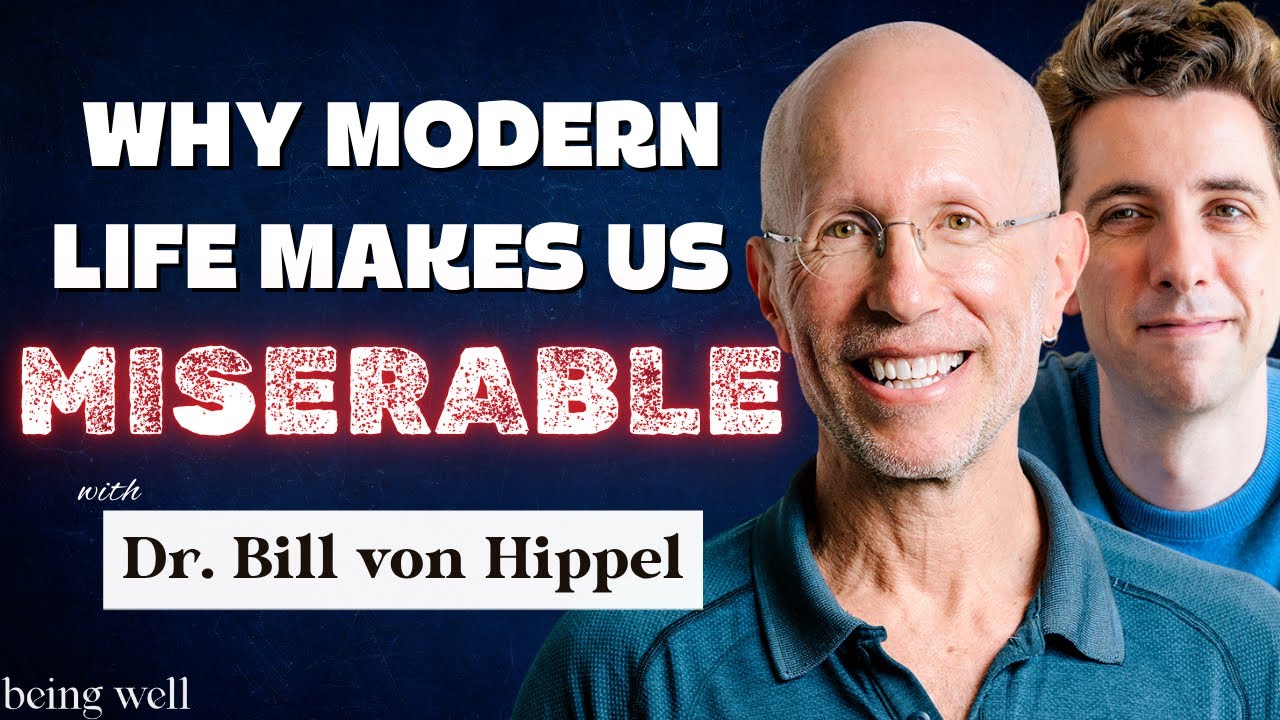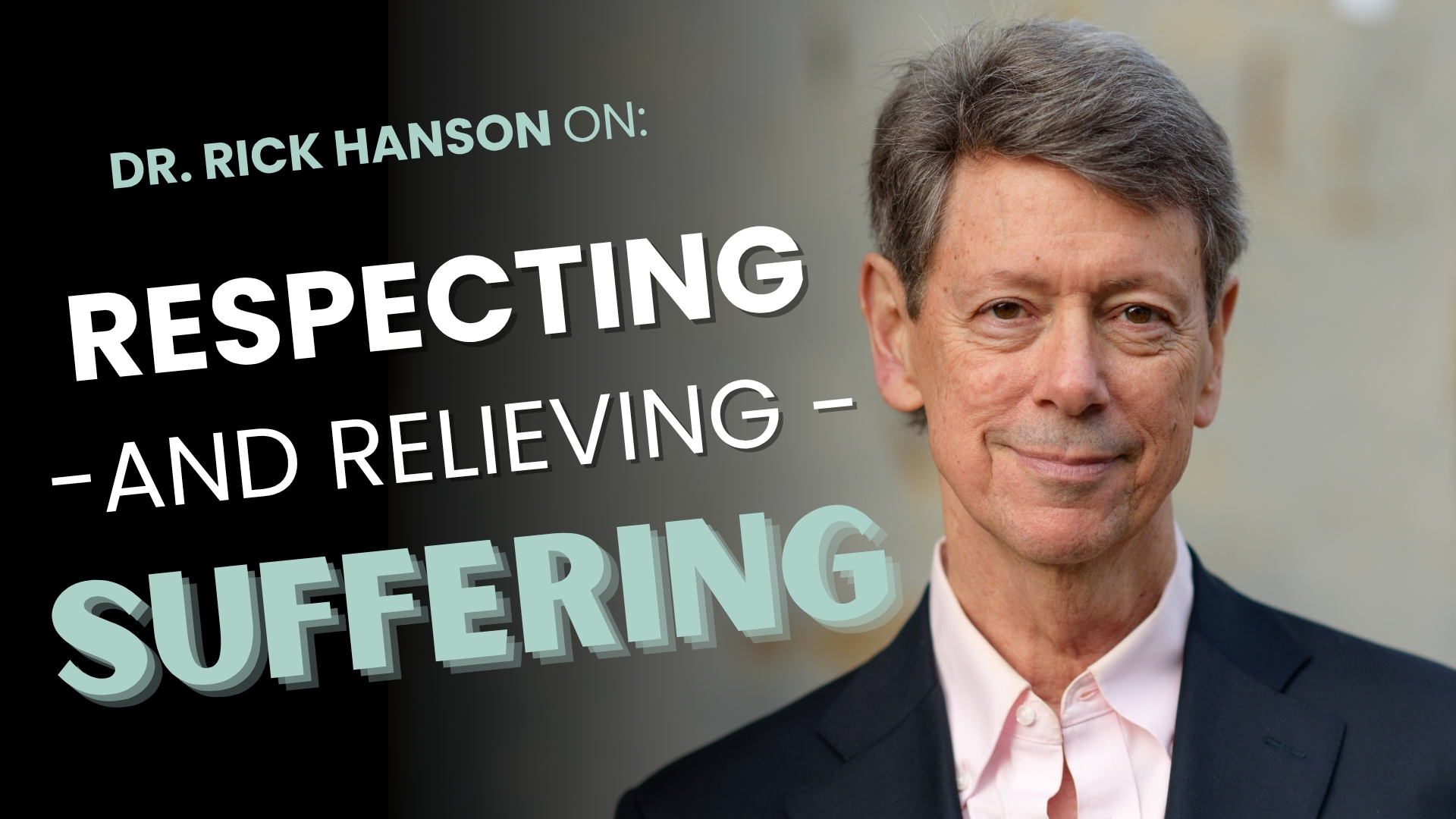Are we really so separate?
THE PRACTICE: LOVE THE WORLD.
Why?
To simplify and summarize, our brain has three primary motivational systems – Avoiding harm, Approaching rewards, and Attaching to “us” – that draw on many neural networks to accomplish their goals.
Lately, I’ve started to realize that a fourth fundamental human motivational system could be emerging as well.
Our hunter-gatherer ancestors depended upon their habitats for food and shelter. Today, over 8 billion of us are pressing hard up against the limits of Lifeboat Earth. To survive and to flourish, cultural and perhaps biological evolution is calling us to love the world.
The world is near to hand in the food you eat, the air you breathe, and the weather and climate in which you spend your days. And then in widening circles, the world extends out to include complex webs of life and the physical characteristics of the land, the sea, and the sky.
When you love the world, you both appreciate it and care for it. Each of these actions makes you feel good, plus they help you preserve and improve everything you depend on for your health, livelihood, security, pleasure, and community.
During most of the last several million years, our human and hominid ancestors did not have much capacity for harming the world. Nor did they have much understanding of their effects on the whole planet.
But now, humanity has great power for good and ill. And we have inescapable knowledge (no matter how much some try to deny it) of what we are doing to our own home. As the earth heats up, as many species go extinct, and as resources such as freshwater decline, it is critically important that a fourth major motivation guide our thoughts, words, and above all, deeds:
Love the world.
Get Tips Like This Delivered Right to Your Inbox
You can unsubscribe at any time and your email address will never be shared or sold.
How?
In terms of the aspect of love that is about appreciating, routinely look for opportunities to enjoy, value, and feel grateful for little things in the natural world.
These range from whatever is close by – flowers blooming, trees offering shade, honeybees moving from plant to plant – to the vast nest we all share, such as the exchanges of oxygen and CO2 through which animals and plants give breath to each other. We can also appreciate the fortuitous occurrence of a rocky planet – Earth – surviving the early formation of a solar system to find an orbit that allows for liquid water on its surface . . . and the even more remarkable occurrence of this universe bubbling into being: the largest nest of all, the extraordinary miracle in which we make our ordinary days.
In terms of the aspect of love that is about caring for, this means to me a combination of cherishing, protecting, and nurturing the world. You naturally cherish what you love; cherishing something, you want to keep it safe; once it’s protected, you want to help it flourish.
SO much could be written – and has – about cherishing our world, and protecting and nurturing it, yet I must be brief here, with just three suggestions.
For a minute, an hour, or a whole week, touch natural and human-made things around you like you truly cherish them.
Protect something from harm. You could save something you might otherwise throw away, from water running in a sink to food in a restaurant. More broadly, we can take political action to protect our world. Different people will find different paths with this. Personally, I’ve been inspired by young people – who will most inherit the consequences of the 100 million tons of CO2 their parents have been pouring up into the sky each day – who are saying enough is enough.
Pick one thing and focus on helping it grow and thrive. Perhaps a plant, or a business, or a project at a local school, or a collaboration among some friends, or a fix-it repair at home.
At the heart of it, this practice is about our relationship with the world. Do we relate to it as an adversary or distant acquaintance?
Or do we relate to the world as a friend, a child, a beloved nest?
Here and there and everywhere, let’s all live in a world we love.
Want to help others love the world?
Use the buttons below to share this article via social media or email.




